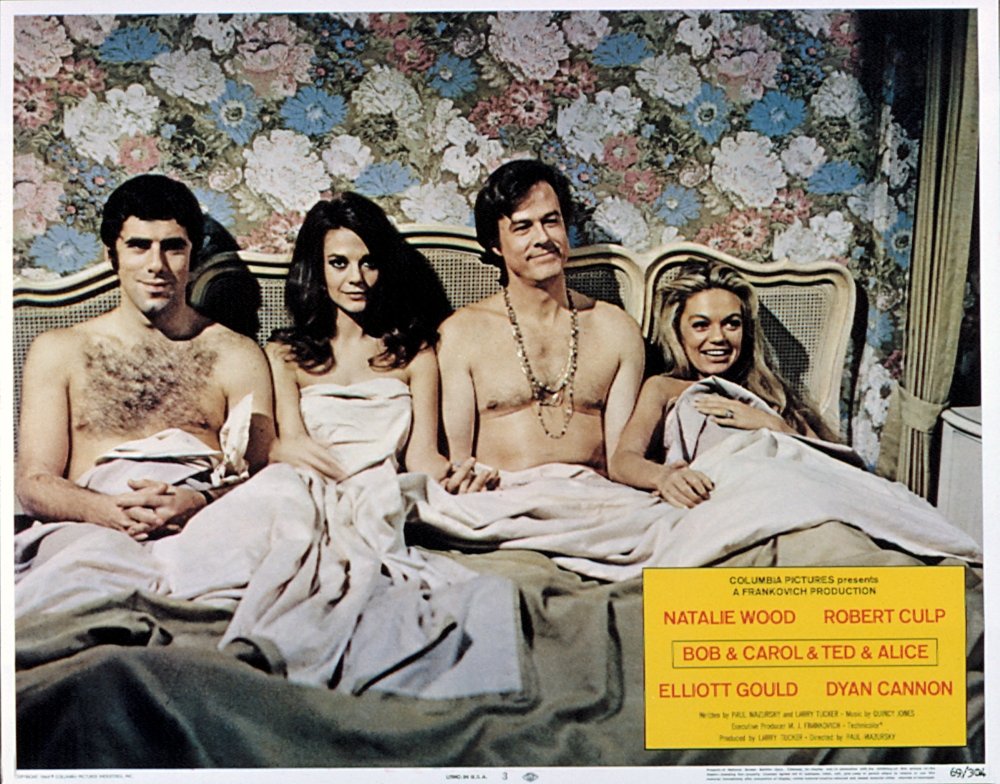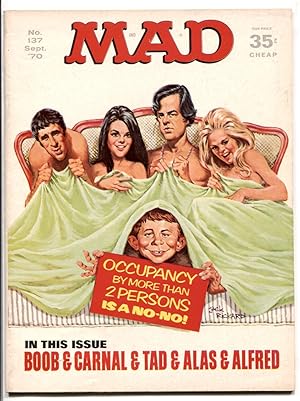
by Victoria Lucas
Good news!
Remember when last year (December 12, 1968) I reported that the submersible Alvin had sunk at around 5,000 feet in the Atlantic Ocean, with bad weather curtailing the search for it?
 The Alvin
The Alvin
With money provided by the US Navy, whose vehicle the Alvin is, and who expected to learn whether and how such retrievals might be done, Alvin's caretakers sailed out armed with imaging tools and images, along with equipment and engineers to find and raise the submersible. They succeeded on their Labor Day cruise!
Fortunately for its seekers, the Alvin had landed on the ocean floor right side up, gaping open, so a special tool was lowered into it and remotely sprung open to hold it while it was slowly raised and then towed close to the surface back to Woods Hole Oceanographic Institution. Great care was taken not to disturb the ocean life that had inhabited it, and that was removed and taken to labs for observation, etc.
There was one funny incident: an engineer who had been on the Alvin's host ship on the last trip before its loss and was also on its Labor Day tow ship came back (like most crew) hungry. He accepted a seafood sandwich from the welcoming spouse of a crew member, and while he was eating it a picture was snapped of him with the sandwich. Coincidentally the lunchbox left behind when the Alvin had slipped into the ocean was in the picture.
And someone interpreted that to mean that the engineer was eating the sandwich that had been in the lunchbox (along with an apple) while the submersible was beneath the waves for 9 months. Immediately there sprang up a certainty that the ocean had hitherto unknown powers of preservation. The last I knew someone was talking government grants.
Now for the main event!
No Separate Beds (Review of "Bob & Carol & Ted & Alice")

Poster showing Gould, Wood, Culp & Cannon as the eponymous characters
Well, I'll be! Someone up and wrote a film script about upper middle-class couples behaving like unsupervised teenagers. (I would have said "well-to-do couples," but that's a bit old-fashioned of me.)
If you've seen the latest Mad Magazine (and I know some of you have) you've essentially seen the above poster for "Bob & Carol & Ted & Alice"–Robert Culp of "I Spy" resting apparently naked against the headboard of a bed with Dyan Cannon, Elliott Gould, and Natalie Wood, all covered by strategic bits of bedding. (The same artist did both the parody and the original poster.)

The MAD version of the movie poster
At the beginning of the movie, there are Bob & Carol in his sports car driving through beautiful countryside to an expensive retreat they call "The Institute" (a stand-in for Esalen, a school at the vanguard of the "Human Potential Movement"). After a dramatic group therapy "marathon" session we see them and their friends Ted and Alice, back home eating out at a fancy restaurant, living in beautiful masonry shelters (no doubt in nice neighborhoods), consulting an expensive psychoanalyst (the writer/director/producer's real psychoanalyst by all accounts), and experiencing great angst.
Is the angst political, about how many resources they're using up and how they should be giving back? Is the angst medical, cares about health, death and life? No. It's highly personal and laced with guilt. Guilt about political or family matters? No–politics are never discussed, and each couple has one child who is not the center or even (it seems) an important focus of their lives. Like them, each child is privileged and loved and free, even if spending many evenings and weekends with Spanish-speaking help rather than their parents, "extended" families such as grandparents (who probably live far away), or other children.
So why the angst? The joy in the opening music (Handel's "Hallalujah Chorus") comes in anticipation of received wisdom, which appears to them in group therapy to be the practice of honesty, and in some of those honest moments they realize that . . .
They aren't having enough sex.
But I shouldn't make fun of them. They just want what every teenager wants: the privacy and the time to explore–him- or herself as a psychological being, and him- or herself as a sexual being.
Perhaps I should be asking why it took them so long. I think we all know the answer to that: because they weren't allowed to explore when they were teenagers (although a minority of this generation did manage to be either secretive or untruthful enough to get away with it). Think of the kids you know who got married while in high school–or were you one of those youngsters yourself?
I think these wealthy adults (all four starring actors in their 30s, fitting the characters they play) were waiting for the sexual revolution now in progress. They were waiting for permission. Now they have it.

Just in case the movie isn't enough for you
So we have gone from Ricky and Lucy Ricardo sleeping in separate beds while a married couple, never showing Doris Day in bed with anyone but a voice on a telephone, and generally strict rules about how sexual behavior is suggested in non-pornographic films, to: wham! two couples in bed together—albeit just sitting there after a brief bout of playing hide and tickle.
In their innocence they call their foursome an "orgy." I wonder what the scriptwriters, Paul Mazursky and Larry Tucker would have done with the group hosting weekly orgies whose members I'm now interviewing for my book. Probably discarded us as an extreme manifestation of the sexual revolution and gone back to using improvisation (by writers only) as a tool for generating dialog (a rumored way of writing the scene with Ted and Alice in which he is horny but she is not).
The film ends with the Burt Bacharach song "What the World Needs Now." As it plays, a crowd of people practice a tool for freedom they can exercise while fully clothed, whatever they mean by it, "love." But wait! There's still the book!
This is a comedy without very much laughing out loud. If you are not offended by the very premise of it, I think it might amuse you. I give it a 4 out of 5 mainly for excellent comedic acting and witty writing.

![[October 14, 1969] News Bulletin/No Separate Beds (Review of "Bob & Carol & Ted & Alice")](https://galacticjourney.org/wp-content/uploads/2024/10/bobandcarol-672x372.jpg)
